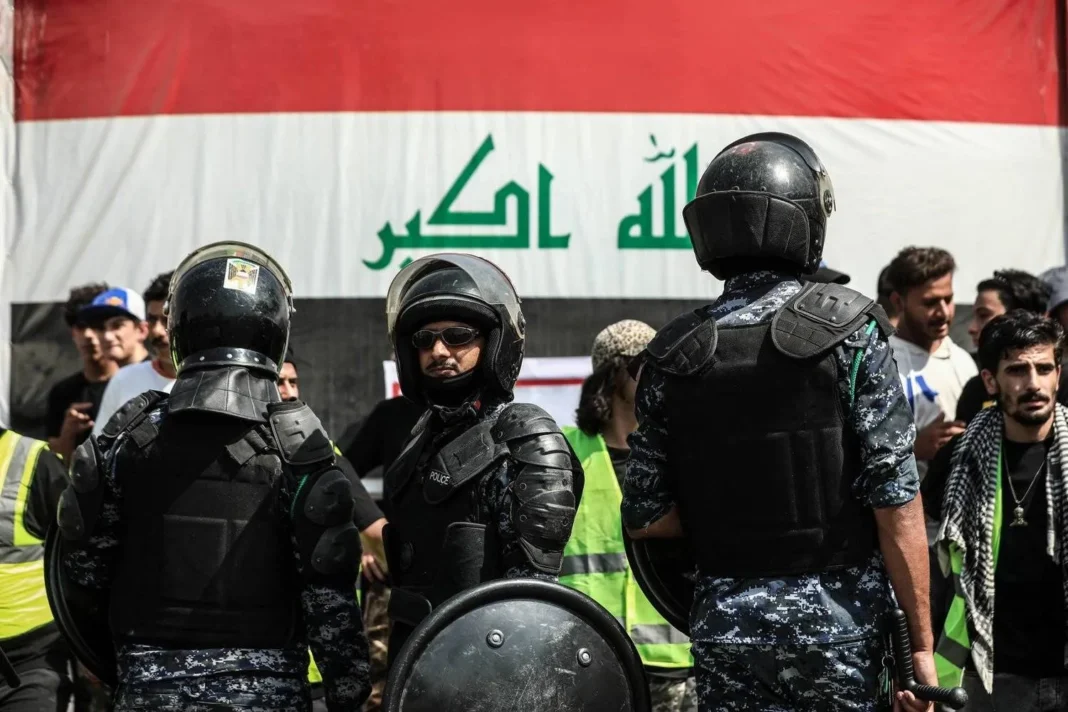Baghdad – Iraq’s National Security Service announced on Sunday that it arrested 40 people. Authorities accuse them of promoting the banned Baath Party on social media. Officials say these actions aimed to stir public unrest and destabilize the country.
The agency called these efforts “desperate attempts” by remnants of the former regime. They warned that these groups want to market “dead dreams” and cause internal disruption. Moreover, some detainees confessed to managing sectarian content and planning sabotage. The agency added these acts involved support from fugitives abroad.
According to the statement, the group consists of “rogue elements” who spread false messages to revive the outlawed Baath regime. They use fake rhetoric to incite hostility against the Iraqi state. The arrests happened across several governorates. Targeted operations took place after orders from agency leadership.
Authorities quickly launched legal proceedings against those detained. The National Security Service stressed that these factions will not succeed in destabilizing Iraq or reviving dictatorial ideas. They called for national unity to resist such threats.
The Baath Party ruled Iraq from 1968 until 2003. Following the U.S.-led invasion, the party was officially banned. It became notorious for human rights violations, including genocide against Kurds and harsh suppression of dissent.
In November 2024, Nouri Al-Maliki, leader of the State of Law Coalition, warned of renewed risks. Specifically, he said Baathist remnants and extremist groups threaten Iraq’s security amid rising regional tensions. Furthermore, in a televised speech, he urged the government and political leaders to prioritize strengthening security. Al-Maliki emphasized the urgent need to counter Baathist threats through unified political and security measures.
Moreover, security experts agree that addressing these threats requires constant vigilance and cooperation. Indeed, Iraq’s stability depends heavily on the government’s ability to dismantle extremist networks. Additionally, citizens play a key role by reporting suspicious activities both online and offline.
Ultimately, the government’s swift actions to counter Baathist threats send a clear message. Clearly, these outdated ideologies have no place in Iraq’s democratic future. Therefore, the country must continue to protect its progress and maintain peace for all communities.



